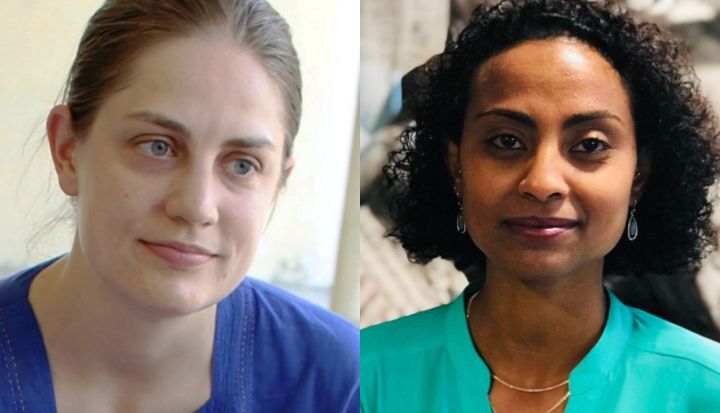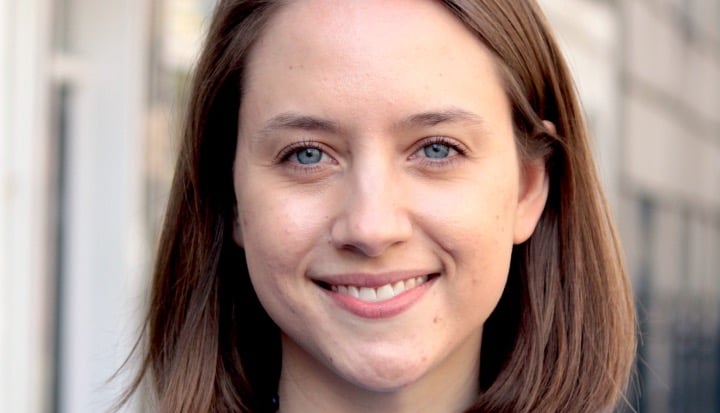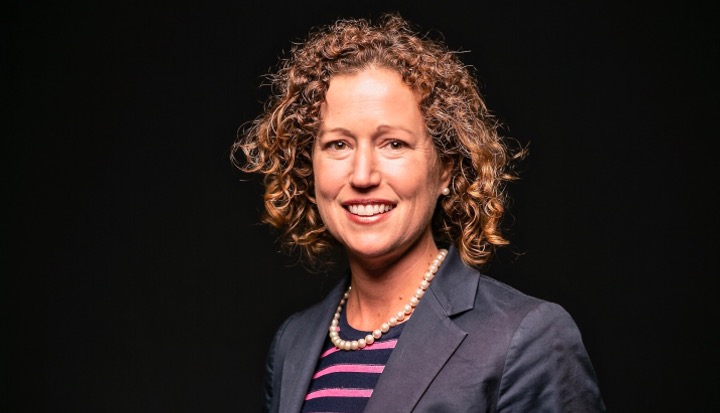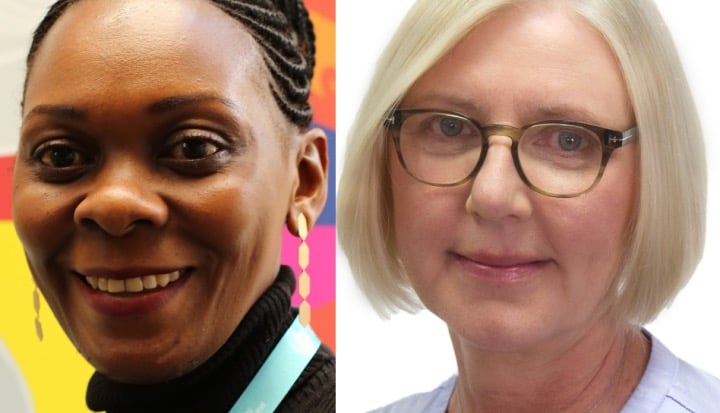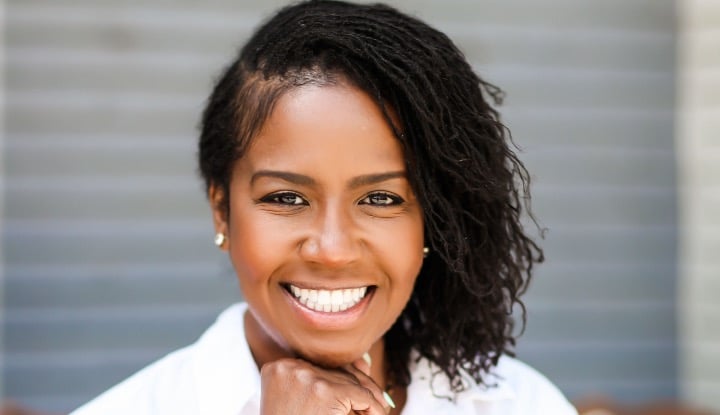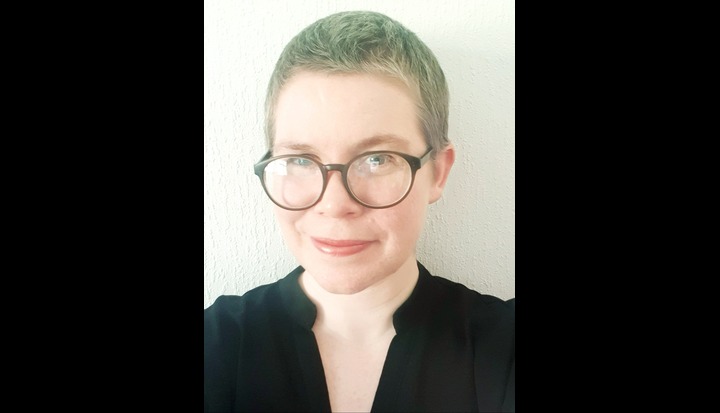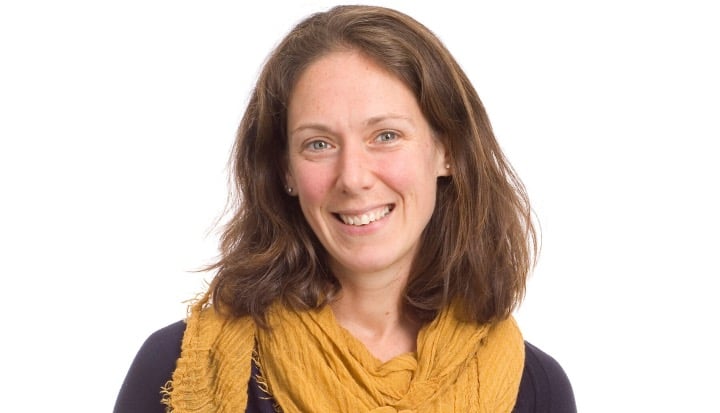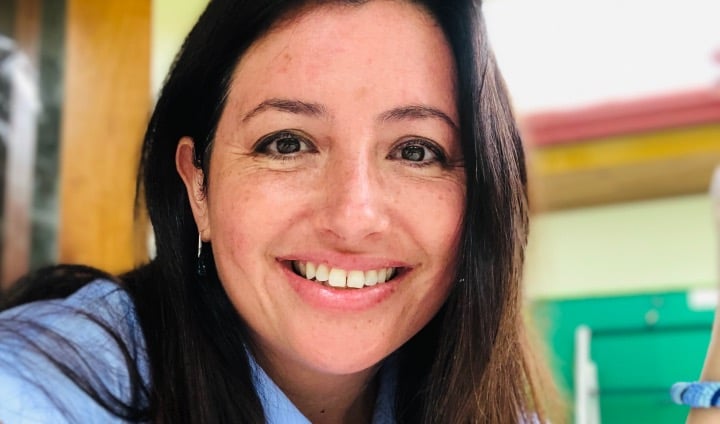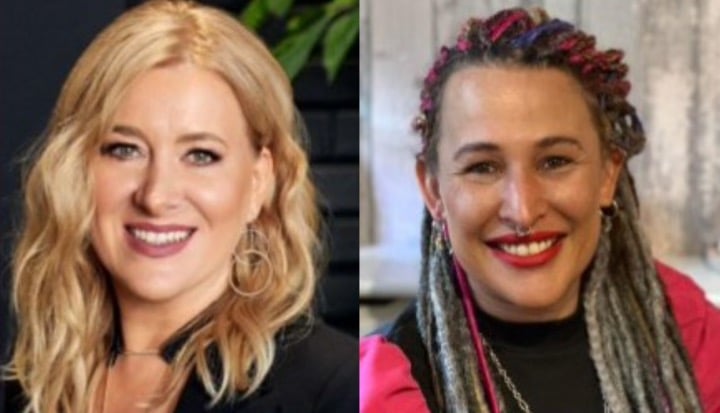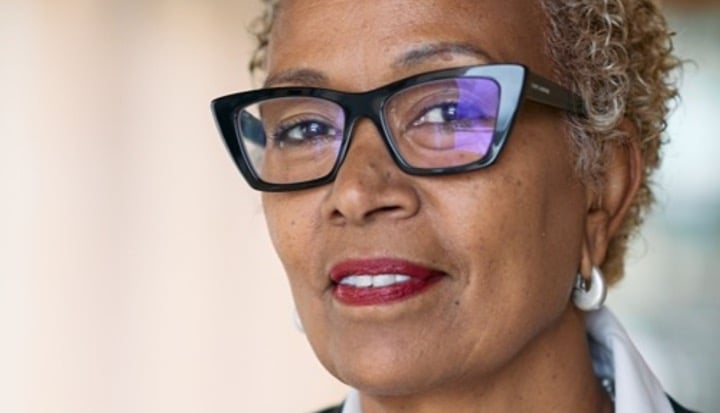BFP: What do you do?
AR: Reporting to the Board of Trustees in the UK, I have overall responsibility for strengthening the remit and strategic directions of child-focused projects and programmes of our Ugandan NGO, Ka Tutandike Uganda. This includes capacity building, mentoring and support to the Ugandan team in areas such as effective programme conceptualization and management, resource mobilization, and communications; as well as strategies towards influencing policy to protect the rights of the vulnerable child. All interventions are aimed at enabling tangible and sustaining improvements in the health and well being of children living in conditions of extreme poverty in and around urban markets. We also provide knowledge and skills to the parents to become self reliant and generate new income to raise their quality of life and create a better future for their children.
BFP: What is the best part about your job?
AR: The best part of my job is being out in the field in Uganda– spending quality time with the communities (especially the children) and doing more listening than talking. It’s really important to have honest and open dialogue with the people and understand about their aspirations and hopes for a better life. Building mutual trust and respect is critical. I feel privileged to be in a position to genuinely help make a difference and empower poor communities. My work keeps me inspired and grounded in reality.
BFP: What have been your greatest challenges?
AR: The major challenges I’ve encountered over the last few years have centred around trying to reduce/end poverty and inequalities in a world where severe budgetary restrictions and donor fatigue has rapidly set in, and the poorest people and the poorest countries now receive much less support. Business as usual in grant giving/making is clearly not possible. Furthermore, an unhealthy culture of donor dependency has set in over the years, and that makes it quite an uphill task to change the mindset of partners and stakeholders in resource-poor settings to take the reins themselves to ditch the hand-out culture and to take charge of their futures with a real desire to break free from a vicious cycle of poverty themselves by their own solutions.
BFP: How have you overcome these challenges?/ What is the secret of your success?
AR: Such challenges can actually overcomed by working to change the mindset of vulnerable communities through providing knowledge and skills to enable them to initiate social enterprise initiatives so that they actually make their own decisions and implement their own development priorities. I meet some amazing, dynamic and entrepreneurial people at the grassroots in Uganda– especially women who have the drive, energy and leadership qualities to take charge of their lives and of their families. Working with such individuals, it is possible to change the tide towards self reliance – because I’ve seen that what keeps poor people from realizing their full potential is lack of choice and opportunity.
My advice to others is not to get too mired in all the development jargon and theory. Simply to listen to the voices from the ground and work in partnership with the people you are trying to help. Build trust and have empathy. It is important to understand that even just one successful social entrepreneurship initiative in a poor community in a developing country will change that community forever – and the lives of hundreds of other people.
I wouldn’t really say that there is a secret to my success. I’ve been in the field of international development for almost 20 years and from the early days in school, I always wanted to do what I am doing today as a career. I get immense personal satisfaction helping and empowering vulnerable people implementing measures and strategies towards protecting their rights. It’s a continuing passion. Without heart and passion it is almost impossible to make any real and positive difference in this area of work.
BFP: If someone wants to do what you do, where should they start?
AR: If someone wants to get into international development, the starting point is to gain experience at the field level. Degrees and doctorates alone do not provide a hands-on insight into ground realities. You need to get your feet wet and your hands dirty.
BFP: Finally; what do you hope to get out of being part of the BFP community?
AR: It is a valuable platform that brings together philanthropy/charity and the business sector with the common objective to end poverty. Working in the not-for-profit sector, and promoting the importance of aligning charities to a social enterprise model, I learn from other members about best practices and challenges that in turn help me shape even better targeted interventions and strategies.
Thank you to Anisha Rajapakse for taking the time to do this interview.
We’re always looking out for members to feature. Help us by taking two-minutes to update your profile, or by nominating someone for Business Fights Poverty Member of the Week.
Read previous Member of the Week interviews here.

